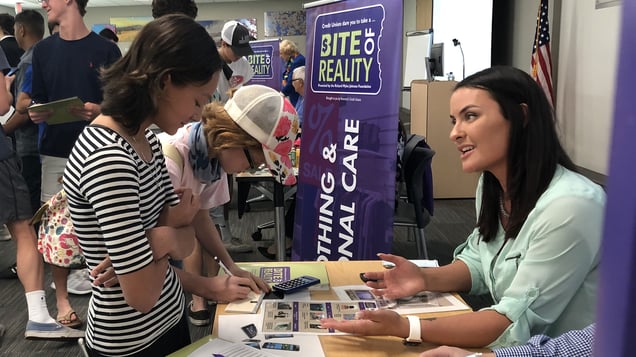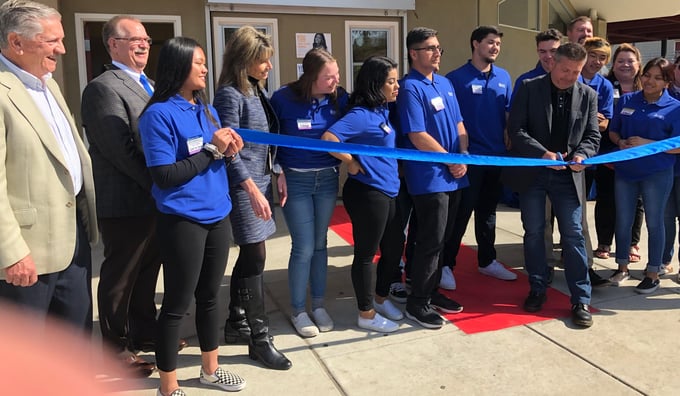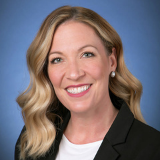This is one in a series of blogs based on SAFE Credit Union experts’ appearances on Your California Life. AVP of Community Relations Rebecca Delmundo shares her insights on the importance of financial wellness for teens and young adults. Watch her interview on Your California Life here.
Ensuring children, teens, and young adults have access to quality financial education is so important for their futures. But financial literacy isn’t typically taught in schools.
Everyone needs foundational knowledge to live our best financial life. Kids need to know the basics, like when you get your first paycheck, what do you do with it? How do you open a bank account? We mostly rely on parents to teach kids about personal finance, but sometimes families don’t like to talk about money, and when they do, it may be negative. We need to have positive, open discussions about savings, credit, paying bills so kids get a better chance of succeeding with their financial life.
When young adults don’t have a basic understanding of how to handle money, they may end up learning through their mistakes. And those mistakes can hurt them for a long time. At the age of 18 I got my first credit card and I didn’t know there was an annual fee. I honestly forgot I applied for it. And a few months later, I had a late notice, and as we all know with credit, that sticks around. Whether you’re a parent, teacher, or friend, the time is now to have those conversations with the younger people in your life.

| SAFE employees connect with students during a Bite of Reality Fair held at SAFE Credit Union headquarters. |
One way SAFE Credit Union brings helps teens and young adults learn about personal finances is through Bite of Reality Fairs. These events allow them to experience the kinds of financial situations they will face as adults. Each student receives a persona that includes a salary, debt load, and number of children. They then visit stations where they “purchase” food, shelter, baby supplies, utilities, etc. At the end, they add up their expenses and see whether they went over their budget. This program really opens students’ eyes. Some of my favorite reactions from students have been: “I’ll never ask my mom for Jordans again.” “I don’t know how my mom has done this for so long.” “I never want to be an adult!”
These fairs provide real-world examples and a new perspective on just how important finances are to fulfill our dreams.

| SAFE leaders join students at Cordova High School during the grand opening of the SAFE Credit Union branch at the campus. |
Another way SAFE helps high school students learn how to manage their money is our high school branch program. SAFE currently has branches on three high school campuses staffed by students who gain work experience while helping classmates with financial literacy. The students who staff the branches go through a two-week internship at SAFE where they learn banking basics, the credit union business, and even help create a marketing campaign.
SAFE has free resources on our website, safecu.org, you can access at any time. We offer youth accounts for kids to establish their first bank account and learn practical life skills like how to use an ATM, deposit a check, and access online banking. Creating that safe space for children to learn healthy financial habits now may save them from facing life-altering financial mistakes later.
And for everyone, the best way to improve your financial well-being is to know your money! When you budget and pay attention to your finances, you’ll have less stress and likely be better off financially. And talk about it with someone who understands how it all works. I invite you to reach out to a representative at SAFE to talk about how to take care of your money. That’s what we’re here for: to help YOU.
Learn more
Join SAFE for for financial wellness webinars.
See how SAFE impacts education in the community.



